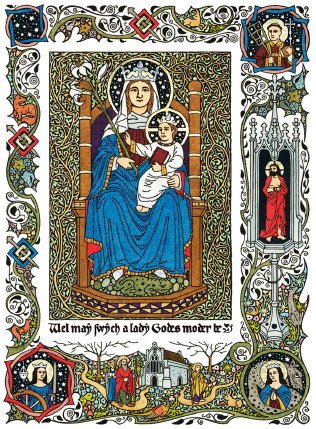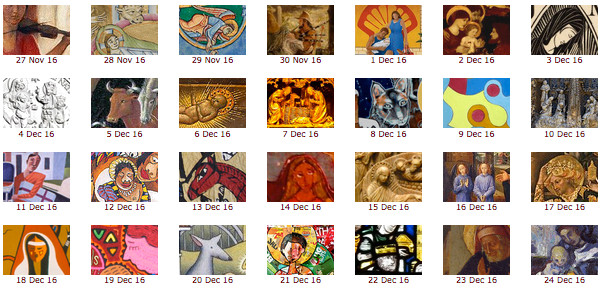Father Michael Lapsley SSM (now leader of the Institute for Healing of Memories is a remarkable teacher. He was an anti-aparthied campaigner and chaplain to the ANC when his hands and one eye were destroyed in 1990 by a letter-bomb most likely in a covert operation of the apartheid regime. [He has prosthetic ‘hands’.) What follows is from a conversation he had with Rowan Williams at https://stethelburgas.org/”>St Ethelburga’s in London:
"In our Christian faith, we say, ‘By His wounds we are healed,’ and of course we often speak of the wounded healer. Let me tell a personal story which, while amusing, speaks to the issue of how we perceive woundedness and whether we see it as incapacitating or enlivening.
"I was bombed in Zimbabwe and then was moved to a hospital in Australia. Before I left for Australia, my bishop came to visit me and prayed for my recovery. Seven months later and now recovered, I returned to his office in Zimbabwe and said, ‘Here I am, Father.’ The bishop looked startled. At first I imagined perhaps he wasn’t used to God answering his prayers, but then he said, ‘But you are disabled now. What can you do?’ So I said, ‘Well, Bishop, I can drive a car.’ Then he looked frightened. I think he thought he might be on the same road with me. So I said, ‘Father, I think I can be more of a priest with no hands than I ever was with two hands.’ When I inquired of Archbishop Tutu, I got quite a different response. He said, ‘Come and work in Cape Town. I have one priest who is deaf and one who is blind, and now one with no hands.’
"Wow! So, for one bishop I was a liability but for the other I was an asset. The first bishop wasn’t a bad person, but his vision was narrow. Archbishop Tutu, on the other hand, had a different pair of spectacles and he was able to see that my woundedness could help others to heal. So it is fitting that Archbishop Tutu has written the foreword for my recent memoir Redeeming the Past, for he saw immediately that what happened to me was also an opportunity.
"Of course, none of that means that what happened to me was right. Sometimes people say, ‘It was God’s will that you were bombed.’ Now what kind of nonsense is that? Does that mean that God makes letter bombs? I am not interested in that kind of God. Rather, I believe in a God that gives us the strength to bring good out of evil, so that I can sit here today and say that in the bombing I lost a lot and that I have gained a lot.
"I know that I’m a better human being because of the journey I have travelled. For me, God’s grace worked through the prayers and support of people around the globe who also saw the possibilities of healing and continued to believe that I had a life ahead of me. That didn’t happen solely by my own efforts but through the collective power of love."
—Rowan Williams and Michael Lapsley, "The Journey toward Forgiveness: A Dialogue," The Ecumenical Review 66, no. 2 (July 2014): 191–213.



